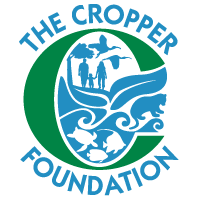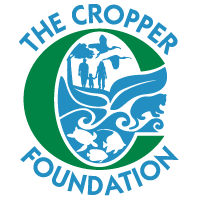Background
The Data for Development lab is an initiative developed by the Cropper Foundation in collaboration with TTLAB which seeks to bring together civil society organizations, students and industry professionals to create a ‘Think and do’ culture to assist civil society organizations in using data driven methodologies in their daily operations.
Why Data Science and Technology?
Data Science is a multidisciplinary field that combines Computer Science and Statistics to aid organisations in making decisions. Both Data Science and technology have become more and more prevalent over the past century. Technological advances, such as social media have allowed persons from different parts of the world to communicate seamlessly.
Over time, data science has helped improve many functions of every day life: from businesses better able to predict the prices of certain products, make tailored recommendations to customers and reduce overall operating costs; to NGOs and other CSOs being able to provide lower cost goods and services to impoverished and marginalised persons; improve their ability to rapidly generate public opinion, and more systematically analyse data to increase their impact on their beneficiaries. Overall, Data Science and technology have helped to make life much easier and have improved the operations of many sectors of society. Therefore, the Data for Development lab seeks to empower civil society organizations in the use of Data Science and innovative technologies so that they too can enjoy the many benefits that they have to offer.
CSO Technology Accelerator Programme
The Data for Development Lab has designed an 8-month accelerator programme, in partnership with Microsoft (Caribbean), that will enhance the abilities of 10 CSOs, which will be selected following a competitive application and selection process. The Accelerator Programme will:
- Educate civil society organizations on several topics in Data Science/Technology.
- Encourage the adoption of such technologies within civil society organizations, thereby facilitating improved business operations.
- Stimulate the generation of data-driven ideas and solutions that will allow civil society organizations to further streamline their business operations.
Primary Outcomes
10 CSOs will be selected to take part in the 1st CSO Accelerator Programme and will:
- Significantly build their capacity and understanding of the applications of data science and technology to their work in Trinidad and Tobago
- Co-build a pilot/prototype data science or technology solution targeted at improving a selected element of their work and impact
- Co-create a knowledge product for the annual CSO Data Science and Technology Review to be launched at the end of the Programme.
Eligibility criteria
- Civil Society Organisations (CSOs) must be registered under the Companies Act (1995) or the Non-Profits Organisations Act (2019) or any other recognised legal classification.
- CSOs must be in operation for at least one (1) year with some demonstrable impact on their beneficiary communities related to their vision and mission.
- CSOs must have access to an internet connection and to a tablet, laptop or desktop computer with, at minimum, audio capability, for the duration of the programme.
- CSOs must be willing to have two (2) representatives take part in the programme for its duration.




